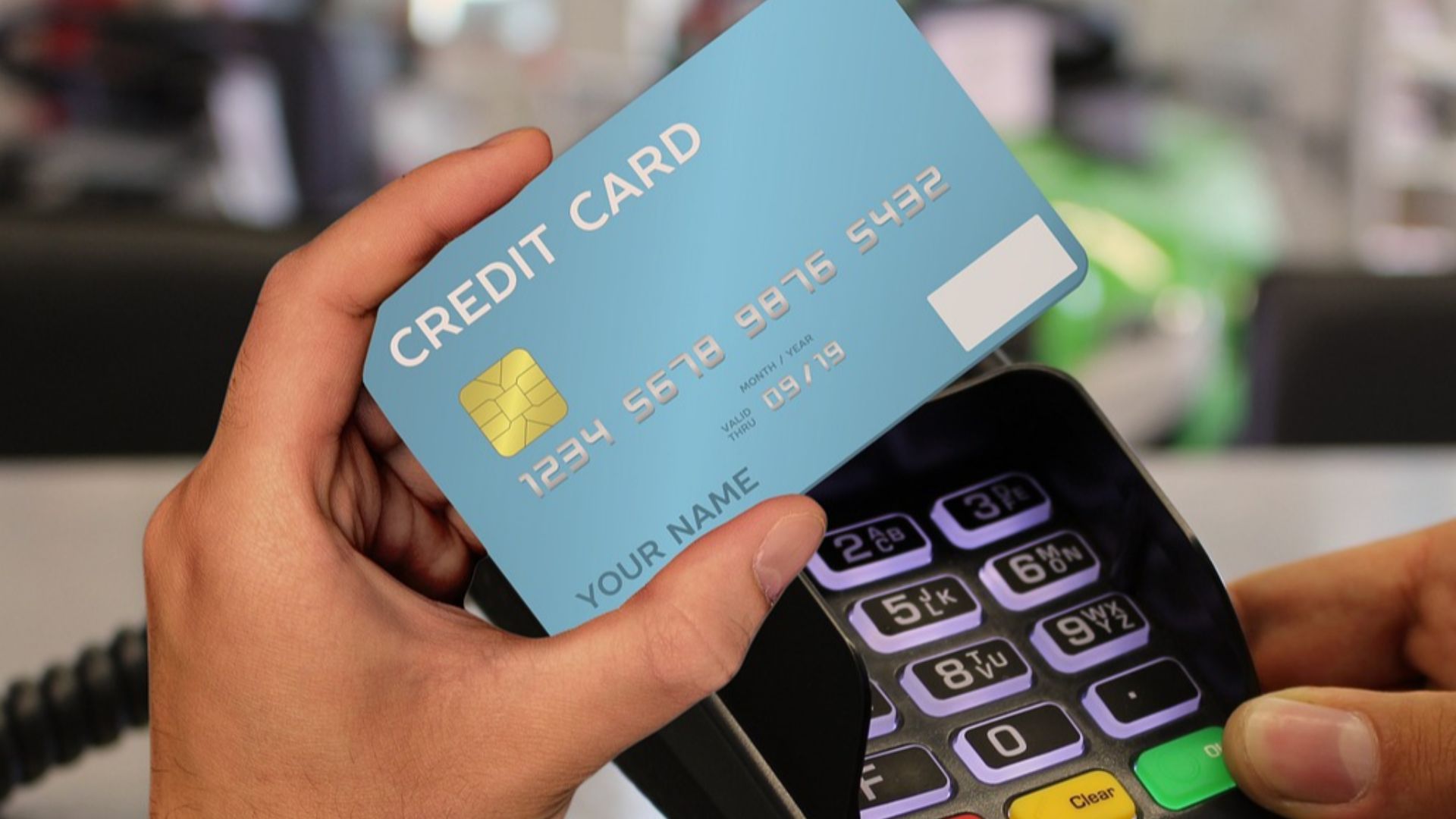In 2024, Americans reported losing over $10 billion to fraud—much of it from credit card hacks and unauthorized transactions, according to the Federal Trade Commission. So, if your card suddenly shows $9,000 in charges you didn’t make, you’re far from alone.
The big question, however, is: are you financially responsible? If you act fast, then it’s not on you. Reason to learn what the law says, what your bank will do, and what steps you should take right now to stay protected.
Federal Protections For Unauthorized Credit Card Charges
You’re only responsible for up to $50 of fraudulent credit card charges under the Fair Credit Billing Act (FCBA)—a federal rule that protects consumers from unauthorized spending. In plain terms, if someone steals your card and racks up charges, you’ll usually owe nothing once you report it quickly.
Why Timing Is Everything
The faster you report fraudulent charges, the stronger your protection. Banks and credit card companies have 24-hour fraud hotlines for this reason. Delays can complicate investigations or make it appear that you overlooked red flags. Acting immediately stops further misuse and also strengthens your case under federal law.
How Shared Or Neglected Access Changes Things
The FCBA shields you only if you didn’t contribute to the fraud.
If you willingly shared your card or login details with someone who later misused them, the bank may view that as “authorized use”. Similarly, ignoring repeated alerts or leaving your card unsecured can weaken your protection and delay refunds. RDNE Stock project, Pexels
RDNE Stock project, Pexels
Smart Steps To Take Right Away
The moment you see the withdrawal, act fast by freezing or canceling the compromised card. After that, dispute the unauthorized charges and request written confirmation from your bank.
But fraud-proofing doesn’t stop there. Proceed by carefully reviewing your statements for any other suspicious transactions and monitoring your credit reports for unfamiliar accounts. If your issuer or insurance provider requests it, file a police report.
Each of these steps strengthens your position during the investigation and helps prevent future attacks.
Final Thoughts
If cybercriminals splurge $9,000 on your card, you’re not automatically on the hook—but your response time matters. Federal law protects you, but only if you report quickly and stay organized. Keep your accounts locked down, use real-time alerts, and never dismiss small suspicious charges. In digital finance, vigilance is your best defense.








